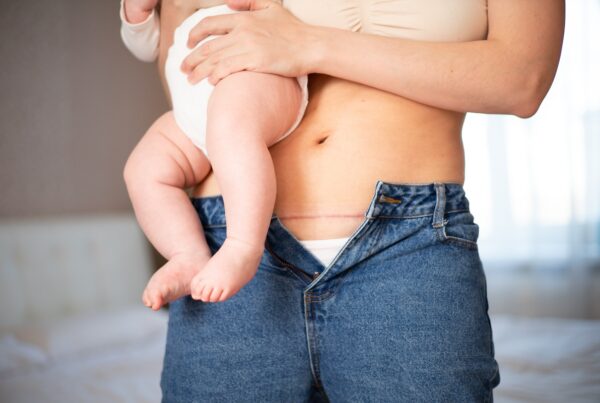Most women end up with swollen feet and ankles or edema during pregnancy. While it’s frustrating and causes feelings of embarrassment and discomfort in some, swelling is normal during pregnancy. During pregnancy, your body generates about 50% more bodily fluids and blood to meet the needs of your developing baby.
While it’s natural to be concerned about edema, due to the associated discomfort, knowing how to reduce unnecessary swelling during pregnancy can help you remain as comfortable as possible.
At Joy of Life®, the caring and experienced staff will help you reduce swelling, allowing you to enjoy the pregnancy without feeling self-conscious and uncomfortable. The California-based company deals with surrogacy on a regular basis and helps surrogate mothers throughout the process. Here’s what they say about swelling.
3 Ways to Reduce Swelling During Pregnancy
Consume Adequate Salt, Plenty of Protein, and Other Important Nutrients
During pregnancy, you can potentially carry an extra 20 pounds of fluid, especially in the third trimester. Fortunately, essential minerals and nutrients have a direct impact on how well your body processes the extra fluid and maintains an electrolyte balance.
Take care to avoid packaged and processed foods, which comprise high quantities of ordinary table salt and go for unprocessed salt and whole foods.
Consume Foods with High Potassium
Potassium is a significant mineral that helps sustain the ratio of salt to water in the body. Foods rich in potassium include bananas, scallions, and spinach.
30 Mins Exercise Daily
Engaging in exercises, such as swimming or gentle yoga, keeps your fluids circulating adequately throughout the body. Consequently, you’ll have a reduced likelihood of experiencing edema.
Abnormal and Dangerous Swelling During Pregnancy
While edema is a normal part of pregnancy, you must watch for and identify abnormal swelling, which could indicate a problematic underlying condition. When swelling isn’t in the normal range, or other symptoms accompany the swelling, it’s imperative you contact your midwife or OB immediately.
Some of the abnormal symptoms to watch for include swelling in the face or puffiness around the eyes; sudden or extreme swelling in the feet and hands; or more swelling in one leg compared to the other, accompanied by tenderness or pain. If you’re uncertain about the swelling or associated symptoms, it’s best to contact your care provider for verification.
If you’re concerned about how to reduce swelling, you can relax, knowing that Joy of Life® is collaborating with professional clients and professionals to help you solve the illness.









